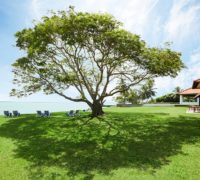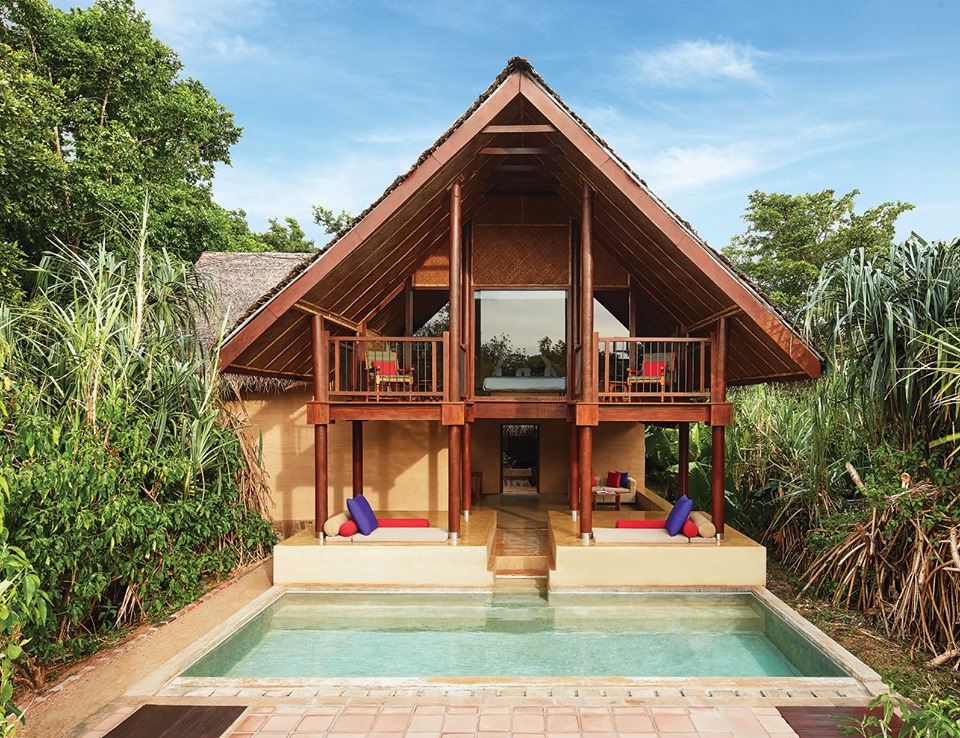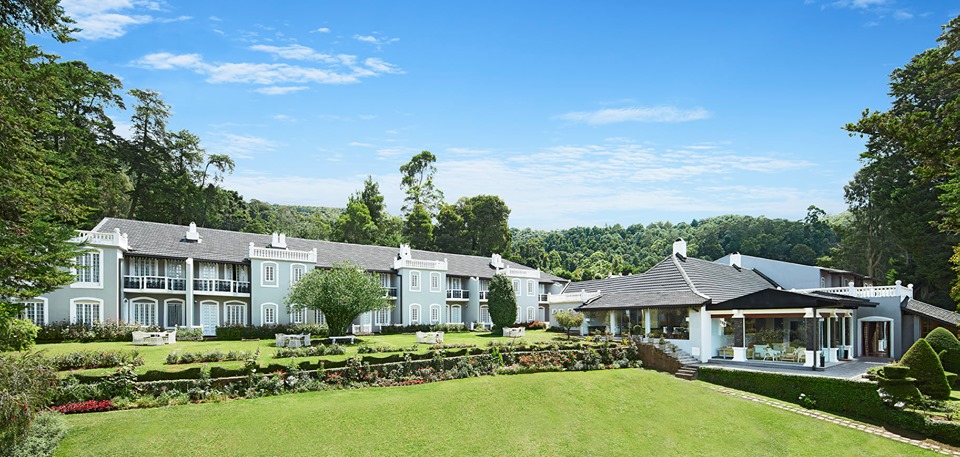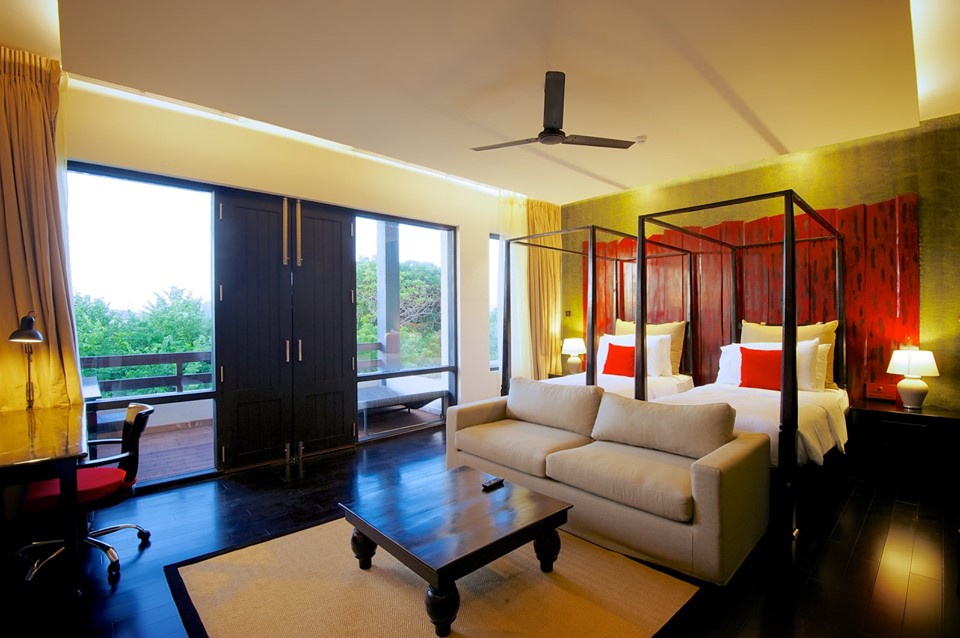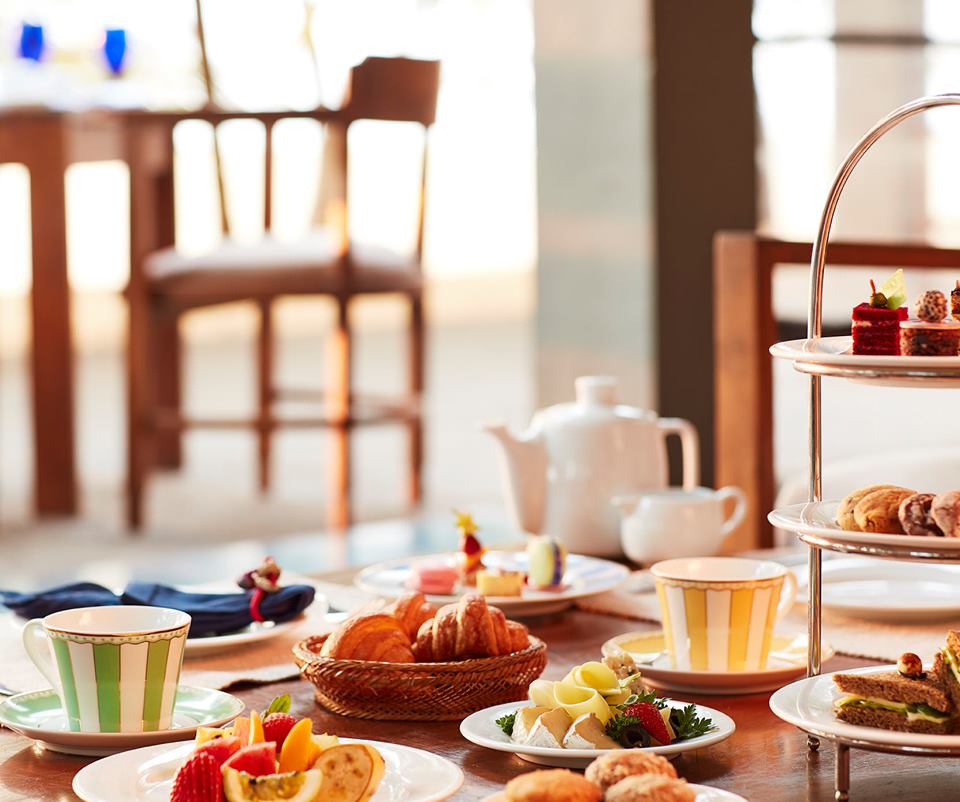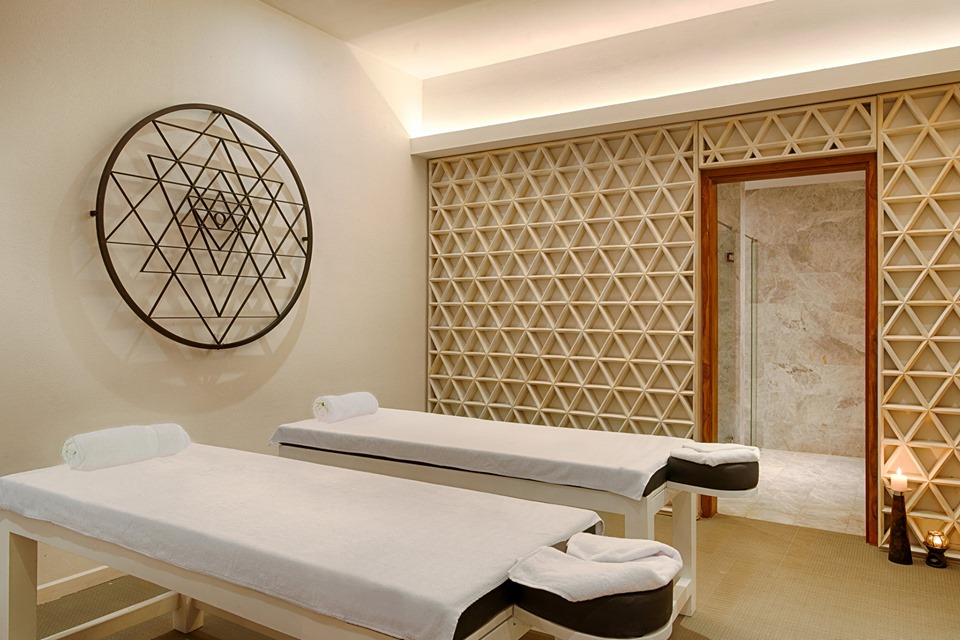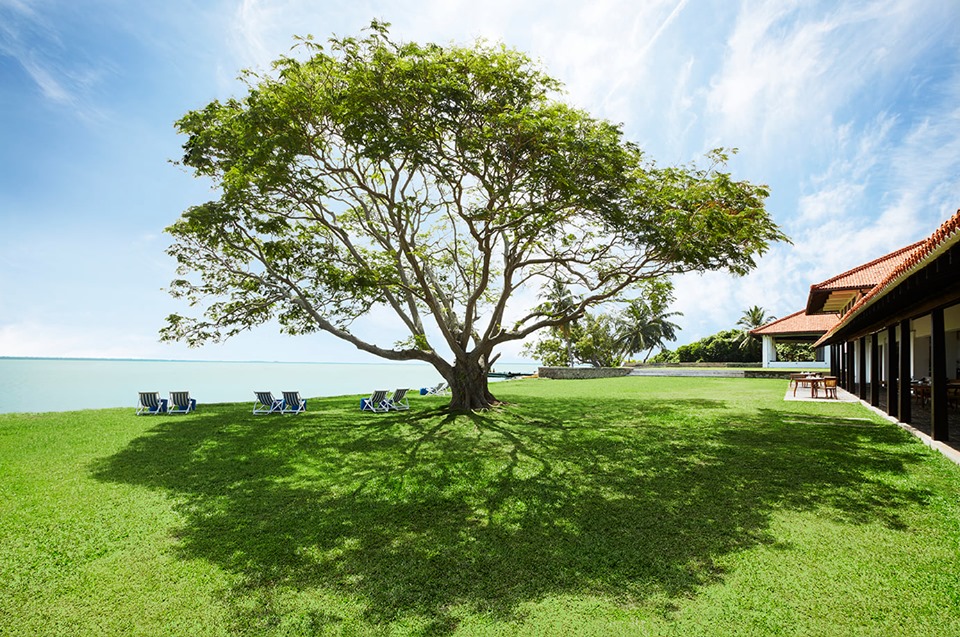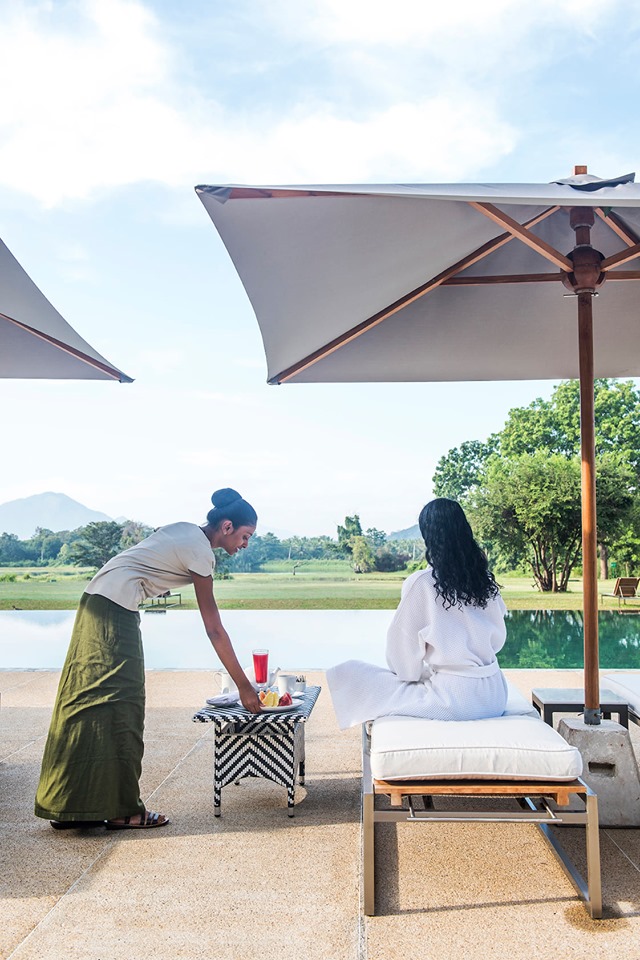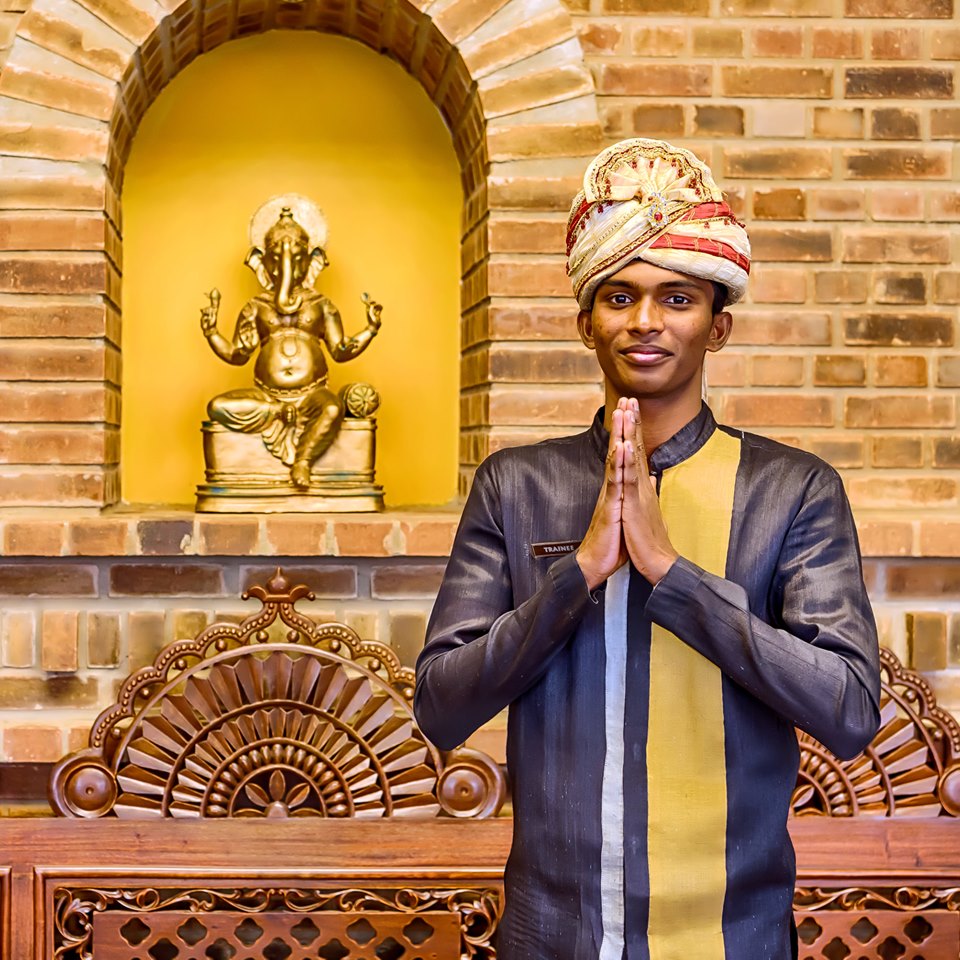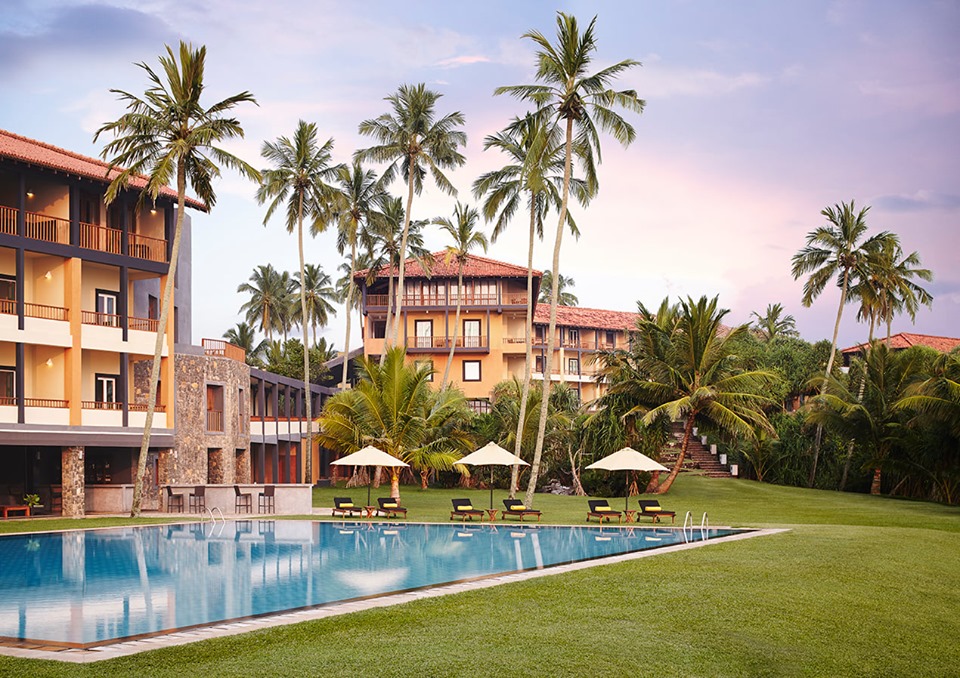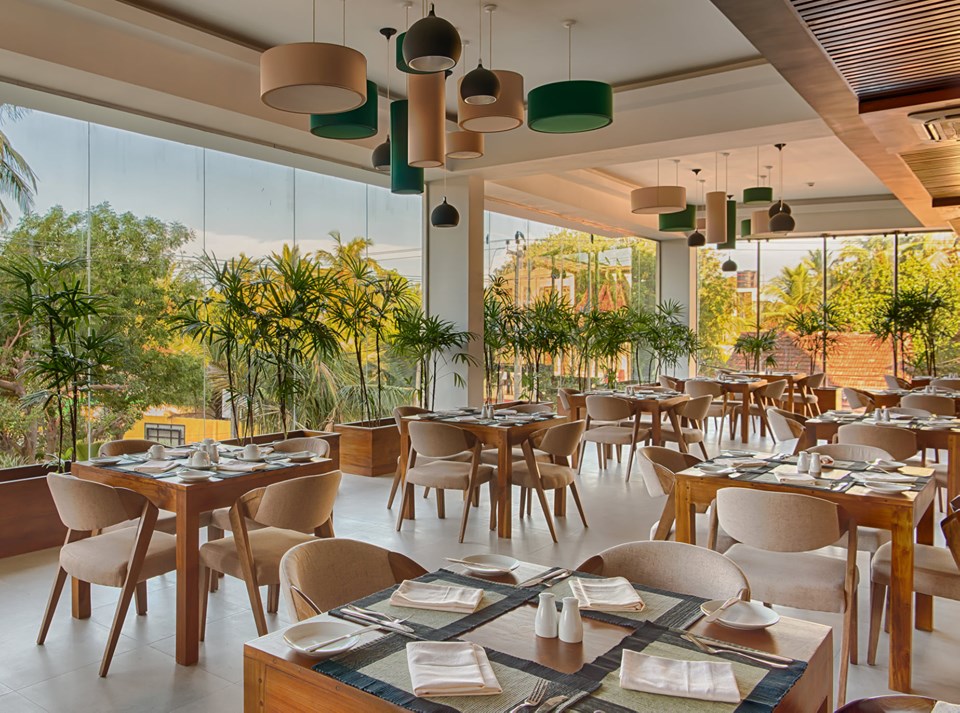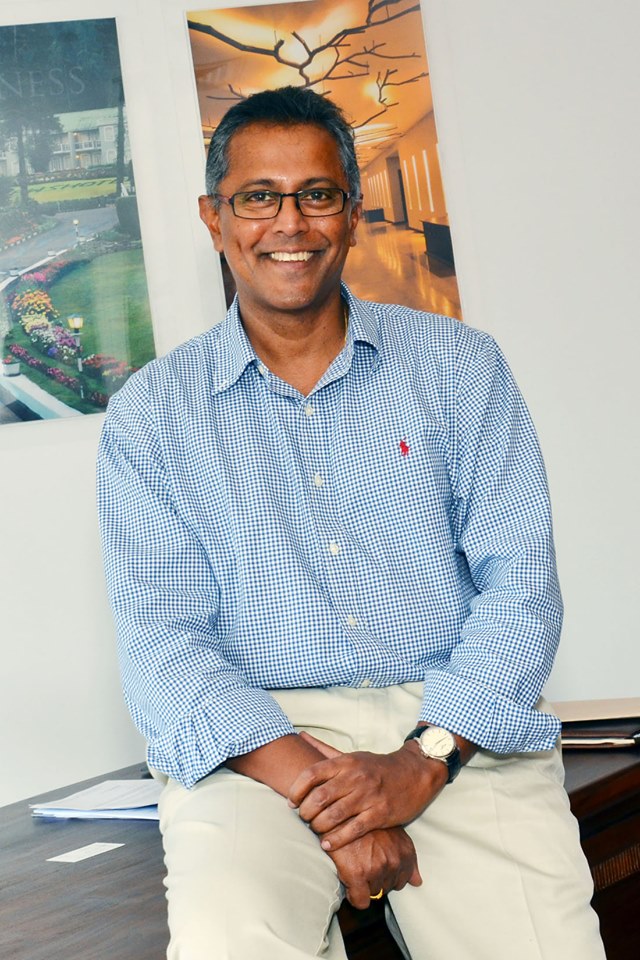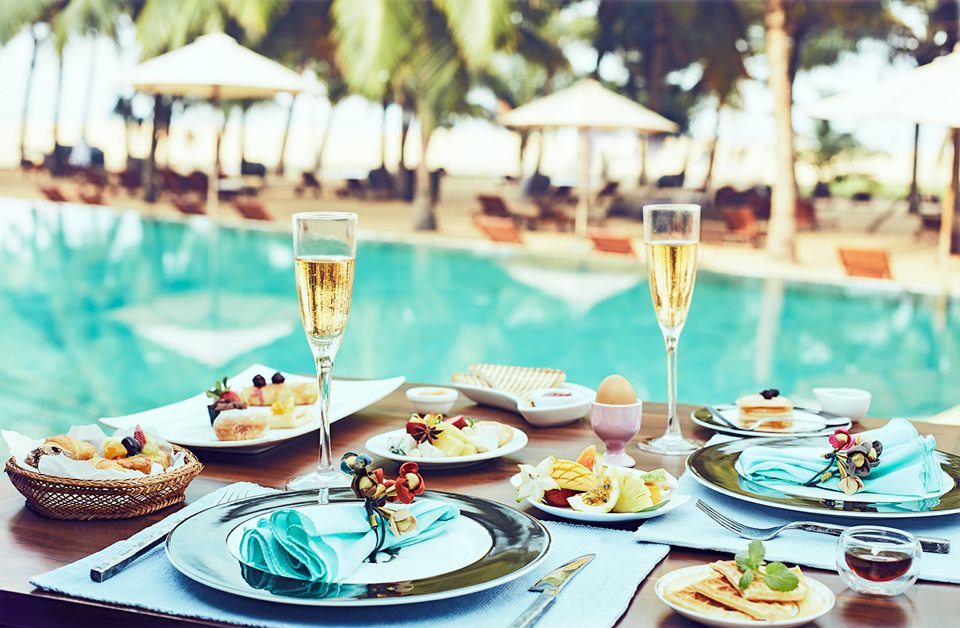21st of April 2019…8:45am… A moment forever etched in to the very fabric of Sri Lanka… A moment that shook the conscious of everyone devoid of race, religion, or colour. Because it affected not just a single community… It affected everyone… It hurt Sri Lankans and it hurt to be Sri Lankan… It touched the world…
Despite having lived through decades of Sri Lanka’s civil war, this one devastating occurrence affected me personally in a very different way. As a child and teenager going through check-points, experiencing bombs going off and the uncertainty that my parents must-have felt didn’t have as much meaning to me as it did post-4/21 when I as a parent myself had to go through the same. We began to say things like “never again”, “not for my children”, and most importantly a clarion call for Sri Lanka to “stay together and rise up”.
Rising up is certainly something the tourism industry had to do in the aftermath of the attacks. Devastated by the number of tourist hotels that were targeted and local and foreign guests who lost their lives in the tragedy, the tourist industry suffered a heavy toll. Travel bans and a general sense of fear, meant that the industry that was riding the bandwagon of being named the Numero Uno Travel Destination for 2019 by Lonely Planet suddenly found itself with cancellations worth billions, the industry at a standstill and a dent in what could have been the best year yet for our island nation.
It was during a time such as this that the industry itself decided to come together strongly and set itself the goal of “rebuilding” the Sri Lankan image and diverting attention to what makes Sri Lanka so special. We sat down with, Hiran Cooray, the Chairman of Jetwing Symphony PLC, and a stalwart in the tourism industry to pick his brains on how exactly Sri Lanka would rise up and turn the tides.
In the aftermath of the 4/21 attacks, what was the immediate feeling in the tourism industry?
First and foremost it was sheer shock and the immediate question was why us again. We have all gone through such a horrible time for 26 years and since 2009, the industry was recovering very well. It was simply disbelief among many of us and we found ourselves hoping and praying when the initial news broke that these were not bombs or the reemergence of terrorism as we knew it. Nobody knew what the consequences were immediately either. There was an outpouring of love and sympathy from the rest of the world because we were the victims. There were not only Christians who died, there were foreigners who lost their lives, and even Muslim victims. The entire country was affected. We initially thought as an industry that we would recover much faster. We definitely knew that there would be an impact on tourism.
The bigger impact however came because of the in-fighting within the government. The leadership sadly failed us. At home even if the husband and wife have just had an issue, if a child falls sick we immediately forget our differences and do what is necessary for the child. Sadly when the country was burning up and suffering, the political leaders just went on doing their own thing. For that we paid a huge price. The travel advisories were slapped almost 5-days after the attacks. It was the travel advisory that stopped people from coming here. It is only after the travel advisories were imposed that we started getting cancellations. Jetwing itself immediately after the travel advisories were imposed had 50,000 room nights cancelled within 3 days. So that was the impact for us. While we were mourning the loss of life, and praying for those who were suffering, this was the second blow for us. That happened because there was no clear communication, nobody was in charge of this nation. The only authorities who were there for the people were the armed forces and the police who came out and provided leadership. That was a critical period where we lost an opportunity to win the world’s love and sympathy and overcome this situation much faster.
So your saying that despite what happened on 4/21 if the government had been stable we could have planned out our recovery better?
Of course. Take New Zealand for example. On the 15th of March they underwent an attack and the whole world witnessed it. Look at the difference in the reactions of the leadership. A 38-year old woman became a global stateswoman. She not only provided the leadership for her country, but was an example to the world. Even the Opposition backed her. She did everything right. Within 5-days she brought everything under control and by the 7th day the country was back on track. It all depends on the leadership you provide. We could’ve minimized the subsequent damage after the attacks had we been fortunate to have similar leadership.
So, what has the industry done to curb the impact and do you think these events have brought the industry together in some form?
Tourism is a fragmented industry and there are different players. There are airlines, travel agents, hotels, transport services and so many more involved, and it is very difficult to bring all the players together. Be that as it may SLAITO and THASL are working with the government to get concessions for our members. We asked for quite a lot but have received some, and now we are in the process of rebuilding. A billion rupees has been approved by the Cabinet for a marketing campaign. Hopefully with that, things will slowly but surely fall in line.
The attacks unfortunately took place at a time when Sri Lanka was also rebranding and the #SOSRILANKA campaign was launched. Do you think we need to change that message or approach in any way?
Not at all. People have short memories and there are bigger global issues. Therefore, we have to continue marketing the destination. The process has to continue.
We need to realize that Sri Lanka has not changed. There is no “safe place” in the world. 22 million people live here and call it home. So if it’s safe for us to live, then it’s safe for people to come here. We were sadly affected by a handful’s ideology. The 2.2 million Muslims living in this country are peaceful people. We shouldn’t brand ourselves any differently. The country has to go on and move forward. Internally we can mourn, but to the world we have to be resilient.
What are some of the lessons Sri Lanka can learn from how other destinations like Bali revived after similar situations?
First and foremost its communication. There are plenty of global case studies we can learn from. It is the responsibility of the elected leadership to lead the nation. In Bali, France, England and New York that went through similar situations, there was precise communication strategies, the real situation was revealed, daily briefings went out from authorities and people knew what was happening. This is kindergarten basics that we got wrong.
What did Jetwing do in particular to boost morale among your network?
Immediately after, my sister Shiromal and I travelled to our properties around the country. We spoke to our staff and told them the truth, that we will take a hit. But as a policy Jetwing does not let go of staff in hard times. If it’s tough for us, then it’s tougher for the people. We told them to remain with us and we have to repay loyalty. Instead we told them to take the opportunity to better themselves and train harder. Slowly but surely with God’s grace business is coming back.
We were planning on venturing out of the country as well with a few properties overseas, but the focus has changed to promoting the local properties now.
What is your personal vision for tourism in Sri Lanka?
A lot of people focus on numbers. I don’t think that’s the approach. The number we should focus on is revenue per tourist, and giving that tourist an absolutely fantastic experience. That means infrastructure and food and everything.
We also need to focus on sustainability. This is an island and we need to make do with our resources the right way. We need to make sure that development is sustainable. Not just to have badly planned and designed hotels that make up concrete jungles. Local communities need to benefit and the country needs to develop as a whole.
Written by Nishu Gunawardana Photos Courtesy Jetwing
